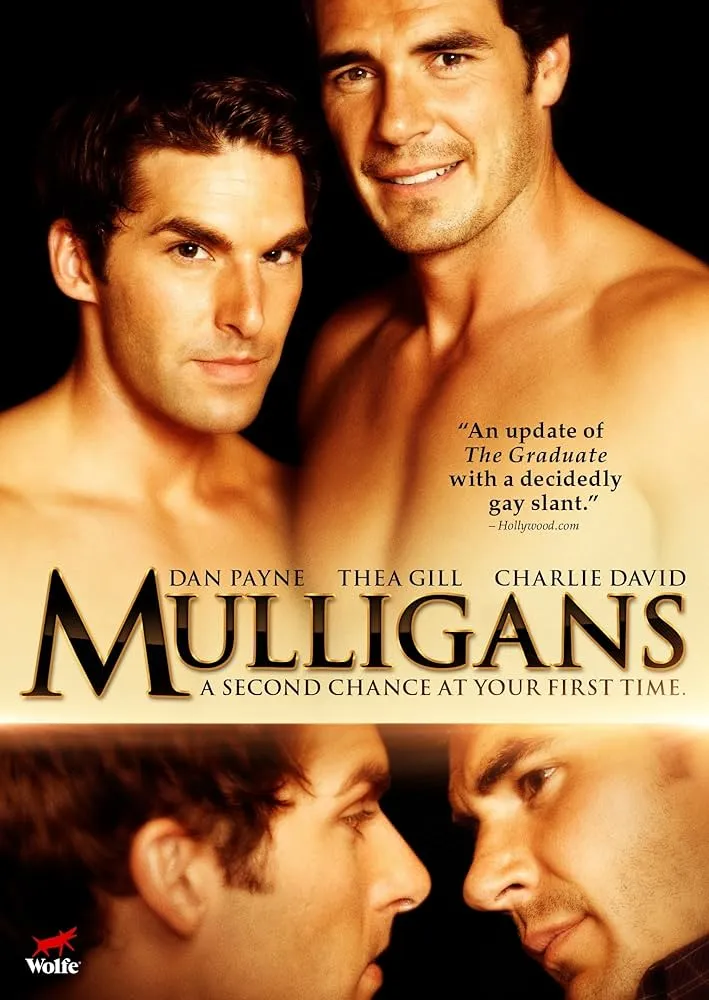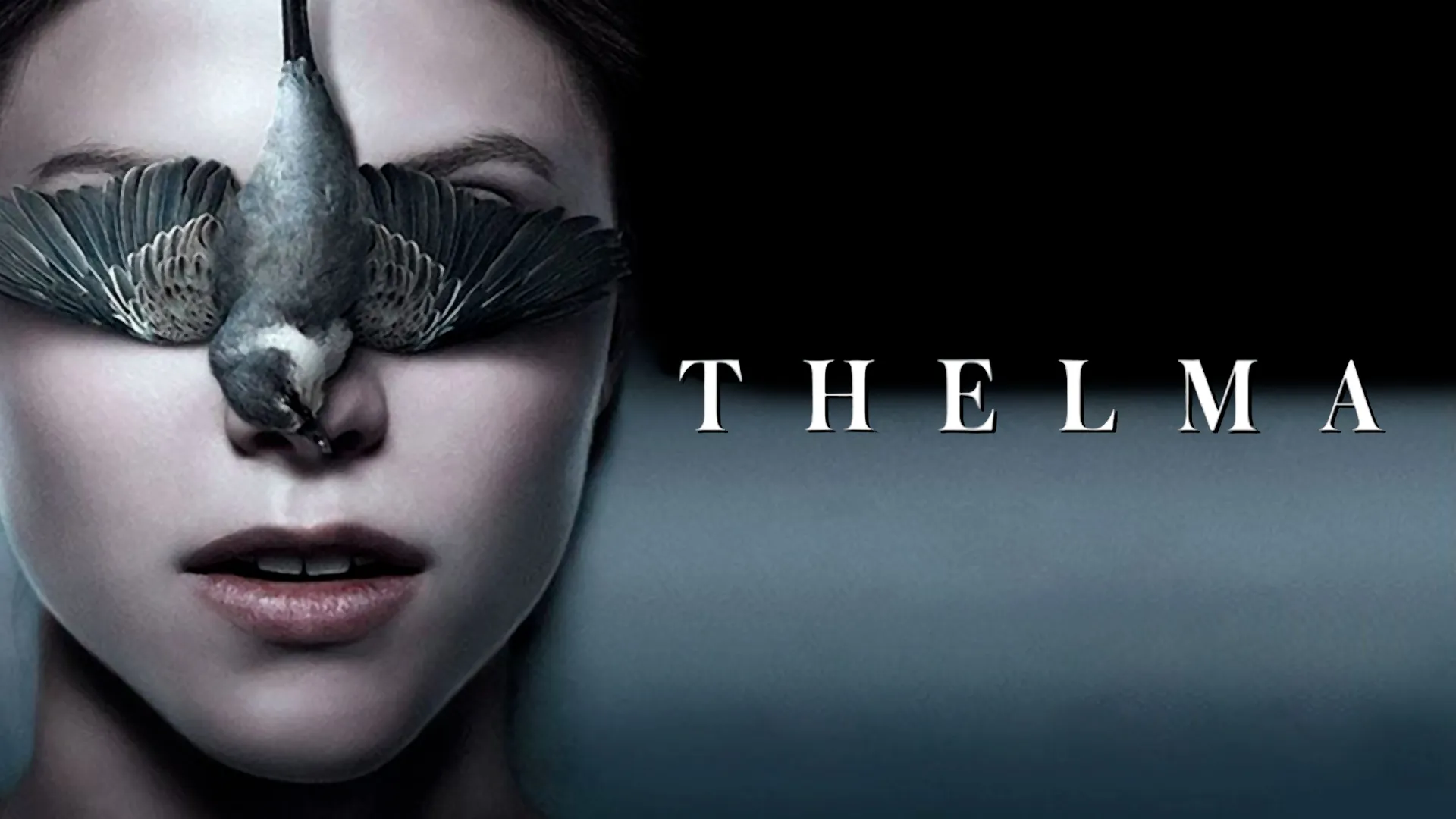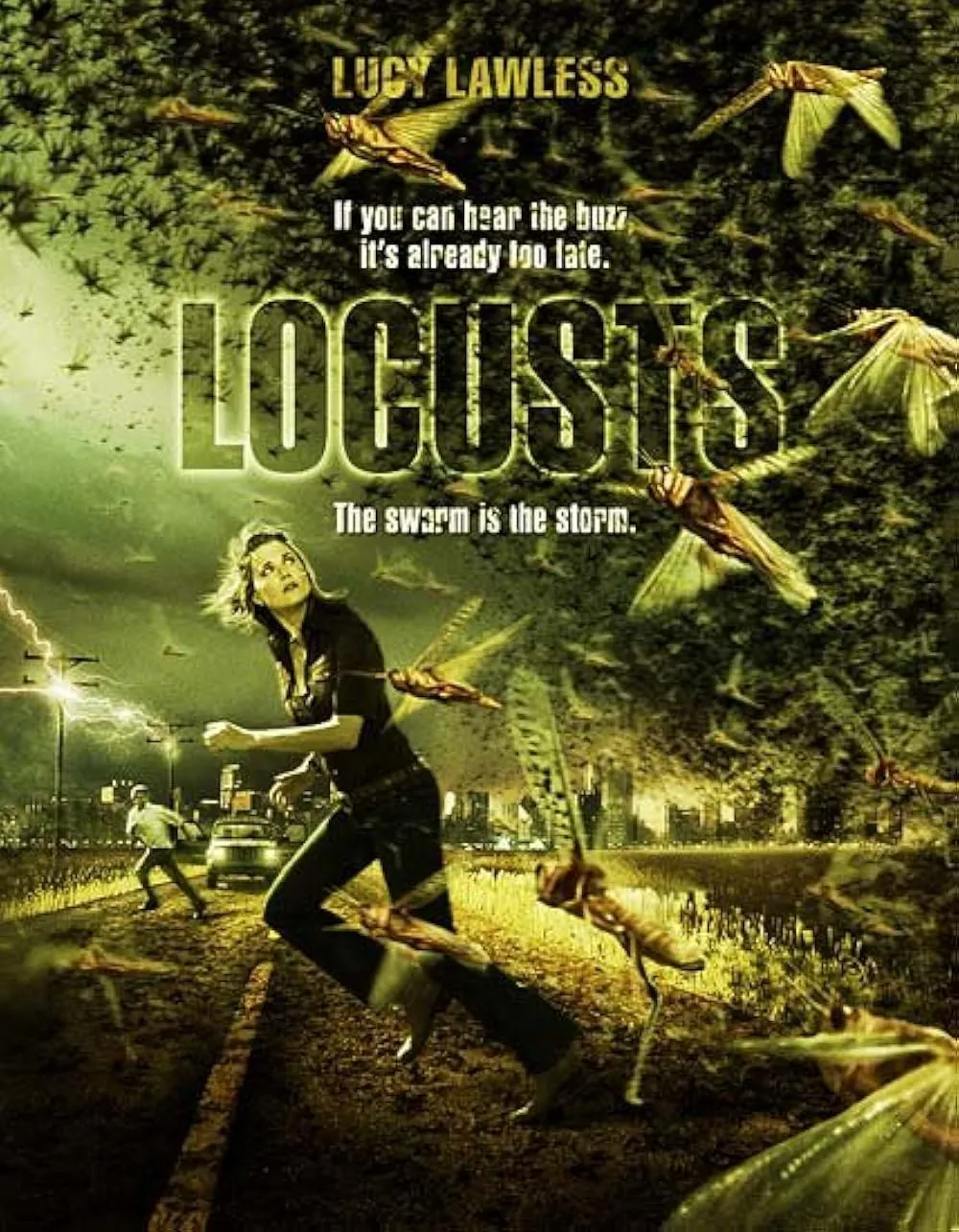Mulligans (2008) is a heartfelt and thought-provoking drama that explores themes of love, identity, and second chances. Directed by Chip Hale and written by Charlie David, the film tells the story of two families whose lives are turned upside down during a summer at a lakeside cabin. With its emotionally charged narrative and strong performances, Mulligans challenges conventional ideas about relationships, family, and self-acceptance.
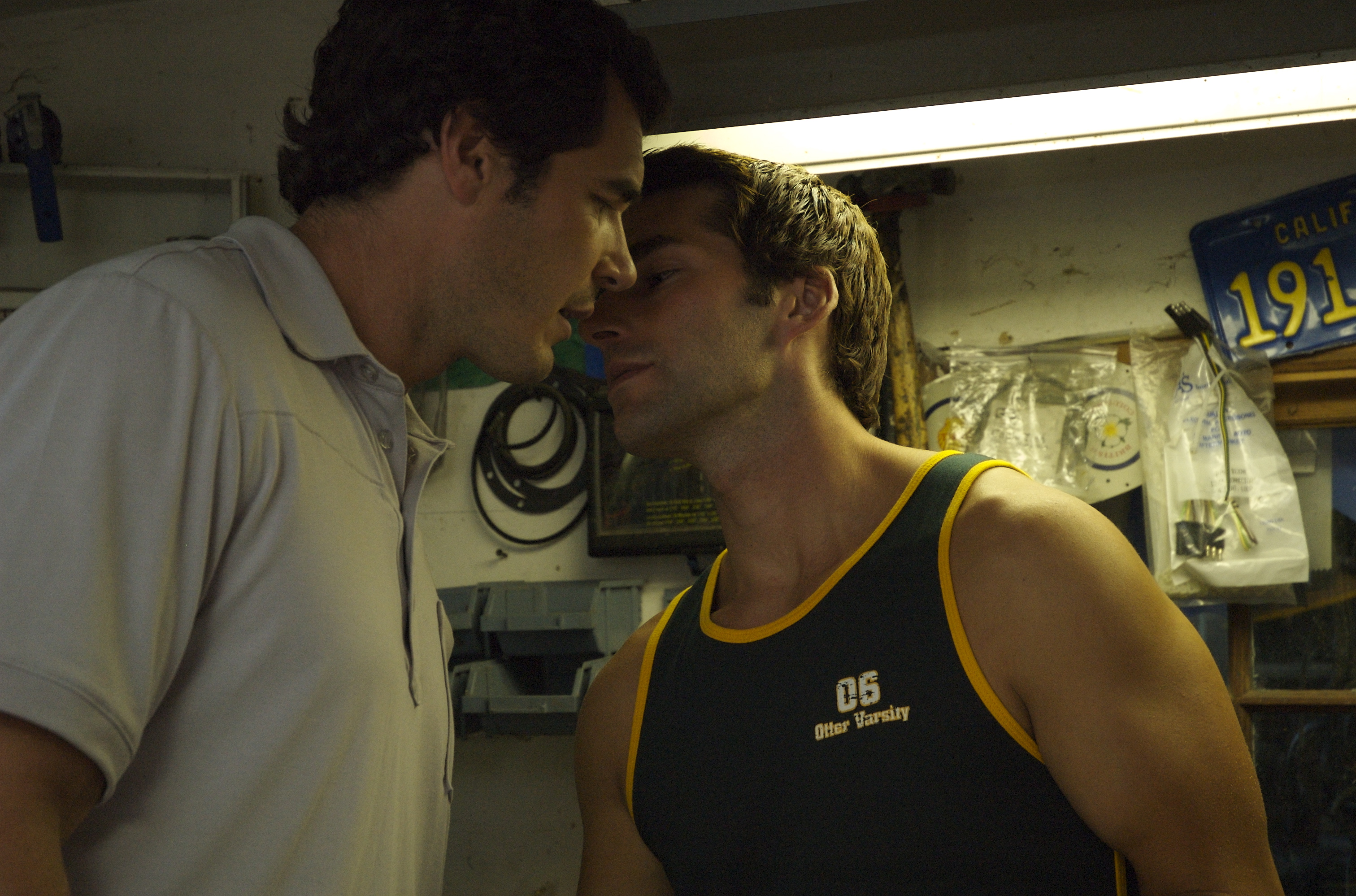
The story revolves around Tyler Davidson (Derek Baynham), a college student who invites his best friend, Chase (Charlie David), to spend the summer with his family. Chase, who is openly gay, finds himself drawn to Tyler’s father, Nathan (Dan Payne), a seemingly perfect husband and father. As their connection deepens, long-buried feelings and secrets begin to surface, threatening to tear the family apart and forcing everyone to confront their true selves.
What makes Mulligans stand out is its refreshing take on sexuality and identity. Rather than focusing on coming-out struggles, the film delves into the complexities of personal growth and rediscovery at different stages of life. Nathan’s journey is particularly compelling as he grapples with suppressed emotions and the consequences of living a life that doesn’t align with his true desires. His internal conflict adds depth to the narrative, making the film more than just a love story—it’s a story about courage and transformation
The film also highlights the impact of these revelations on the rest of the Davidson family. Tyler struggles to comprehend the changes in his father, feeling a sense of betrayal and confusion. Meanwhile, his mother, Stacey (Thea Gill), is forced to reevaluate her marriage and the foundation of the life she built with Nathan. These emotional struggles create powerful and relatable moments that resonate with audiences.
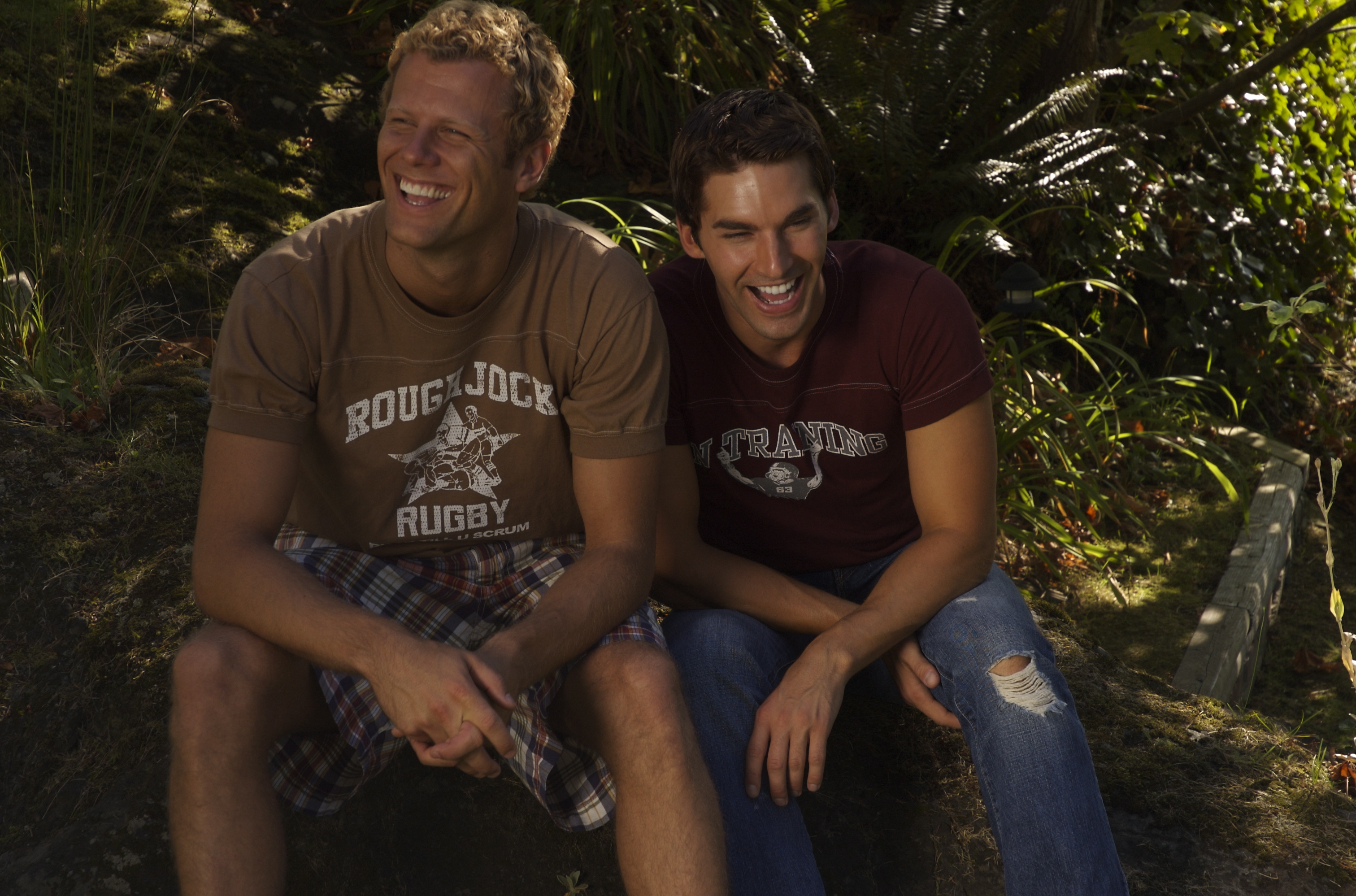
Visually, Mulligans takes advantage of its scenic backdrop, with beautiful shots of the lake and surrounding nature reflecting the film’s themes of renewal and self-discovery. The tranquil setting contrasts with the emotional turmoil of the characters, emphasizing the tension between the peaceful exterior and the storm brewing within the family.
The performances in Mulligans bring the story to life in an authentic and moving way. Dan Payne delivers a nuanced portrayal of a man facing the reality of his suppressed identity, while Charlie David and Derek Baynham add layers of complexity to their respective characters. Thea Gill’s performance as Stacey adds emotional weight, portraying a woman caught between love, pain, and the need to move forward.
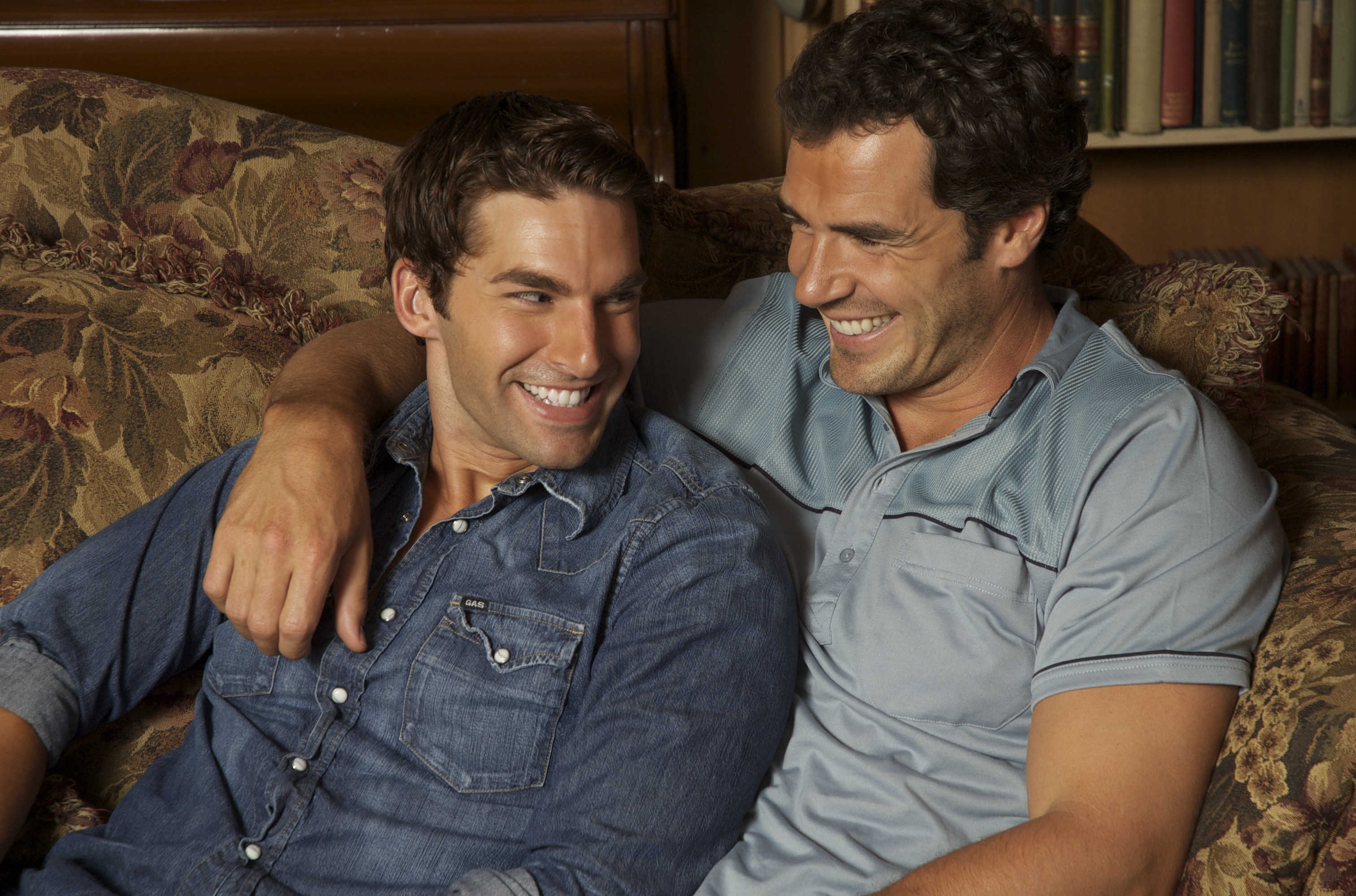
Beyond its central storyline, Mulligans serves as a broader commentary on acceptance, forgiveness, and the idea that it’s never too late to embrace one’s truth. The film challenges traditional perceptions of masculinity and relationships while emphasizing the importance of understanding and compassion. It reminds us that change, though difficult, can lead to personal growth and new beginnings.
Ultimately, Mulligans is an emotionally powerful film that leaves a lasting impact. With its tender storytelling and strong character development, it delivers a meaningful message about the complexities of love and self-acceptance. Whether you watch it for the emotional depth, the heartfelt performances, or the exploration of identity, Mulligans is a film that lingers in the mind and heart long after the credits roll.
